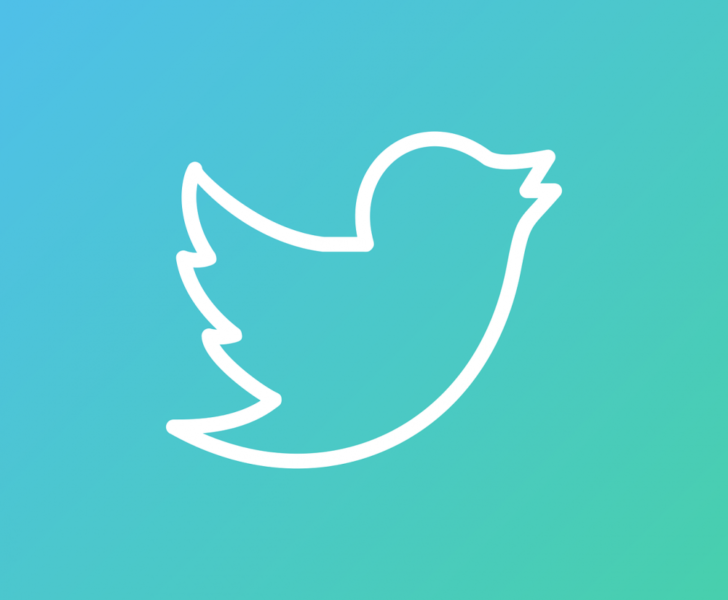Messenger App: Revolutionizing Communication in the Digital Age

Introduction:
The advent of technology has significantly transformed the way we communicate with each other. Among the plethora of technological innovations, messenger apps hold a special place in our lives. With their seamless connectivity and instant communication capabilities, these apps have revolutionized the way we interact with friends, family, and colleagues. In this article, we delve into the world of messenger apps, shedding light on their evolution, features, and significance in our daily lives.
A Historical Overview of Messenger Apps:

The concept of instant messaging dates back to the early 1990s when the Internet was gaining momentum. AOL Instant Messenger (AIM) emerged as one of the earliest platforms, allowing users to send real-time messages to each other. Though rudimentary in its features, AIM paved the way for the future of messaging apps.
As technology progressed, messenger apps became more sophisticated, offering a wider range of features. Microsoft entered the scene with MSN Messenger, followed by Yahoo Messenger, which gained immense popularity during the early 2000s. These applications allowed users to not only send text messages but also share files, images, and emoticons.
With the rise of smartphones, messenger apps underwent a transformation. This paved the way for the introduction of WhatsApp in 2009, which soon amassed millions of users worldwide. WhatsApp offered a simple and intuitive interface, end-to-end encryption, and the convenience of syncing with users’ phone contacts.
The Rise of Messenger App Giants:
Following the footsteps of WhatsApp, several messenger app giants emerged during the last decade, transforming the way we communicate. Facebook Messenger, introduced in 2011, provided seamless integration with the social media platform, allowing users to message their Facebook contacts instantly.
Around the same time, Apple launched iMessage, its exclusive messaging service for iOS users. iMessage brought features like read receipts, link previews, and integration with Apple’s ecosystem.
In 2013, WeChat, a Chinese messaging app, gained significant traction, not only in China but also internationally. WeChat’s unique features, such as voice and video calls, payment integration, and mini-apps within the platform, set it apart from its competitors.
Telegram, created in 2013, became renowned for its emphasis on privacy and security. It introduced features like secret chats with self-destructing messages, two-factor authentication, and cloud-based storage for messages and media.
Not to be left behind, Google launched its own messenger app, Google Hangouts, in 2013. Hangouts distinguished itself with its seamless integration across multiple devices and platforms, including Gmail, Android, and iOS.
Evolution and Features of Messenger Apps:
Messenger apps have come a long way since their inception. Today, they offer a plethora of features that enhance our messaging experience. Some of the notable features include:
1. Video Calls: Messenger apps have introduced high-quality video calling capabilities, enabling face-to-face communication irrespective of geographical distances. Notably, in recent years, the COVID-19 pandemic has further highlighted the significance of video calls in maintaining social connections.
2. Group Chats: Group chats allow users to communicate with multiple contacts simultaneously. Features like creating polls, sharing media files, and tagging specific individuals have made group conversations more engaging and efficient.
3. Multimedia Sharing: Messenger apps facilitate the seamless sharing of photos, videos, documents, and voice messages. Users can instantly capture special moments and share them with their contacts, breaking barriers of time and space.
4. Emoticons and Stickers: To add a personal touch to conversations, messenger apps provide a wide array of emoticons and stickers. These expressive visuals enhance the overall messaging experience, making conversations more dynamic and enjoyable.
5. Integration with Other Services: Messenger apps have integrated with various services like Spotify, Uber, and food delivery apps, allowing users to share songs, book rides, and order food without leaving the conversation.
6. End-to-End Encryption: As privacy concerns have become increasingly prevalent, messenger apps have prioritized end-to-end encryption, ensuring that messages and calls remain secure and inaccessible to unauthorized parties.
The Impact of Messenger Apps:
Messenger apps have undoubtedly transformed the way we communicate, connecting people across the globe effortlessly. They have bridged language barriers, fostered collaborations, and facilitated the exchange of ideas. Additionally, messenger apps have played a crucial role in business communication, enabling seamless collaboration among teams and enhancing productivity.
Conclusion:
Messenger apps have become an integral part of our daily lives, redefining communication in the digital age. Through their evolution and innovative features, these apps have made it convenient to stay in touch with loved ones, forge new connections, and collaborate effectively. As technology continues to advance, it is certain that messenger apps will continue to play a pivotal role in shaping the future of communication.











